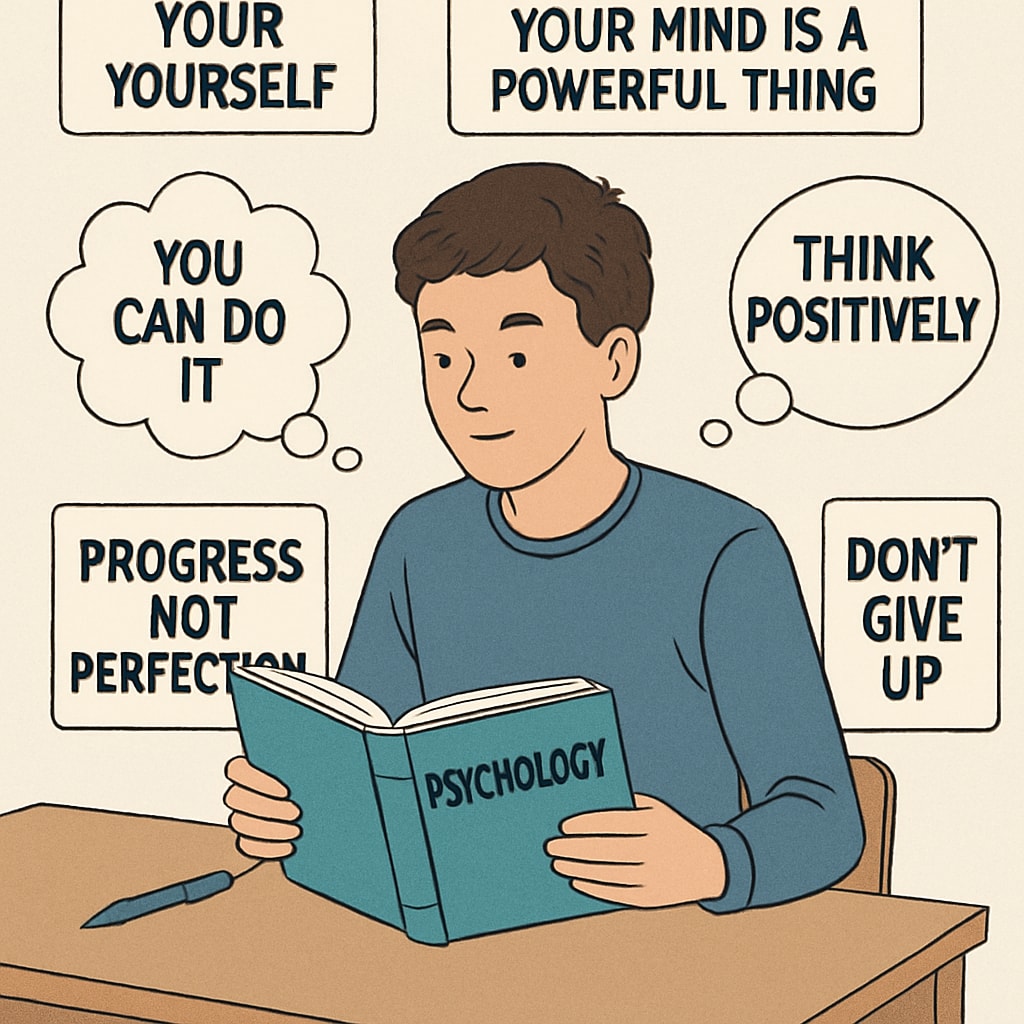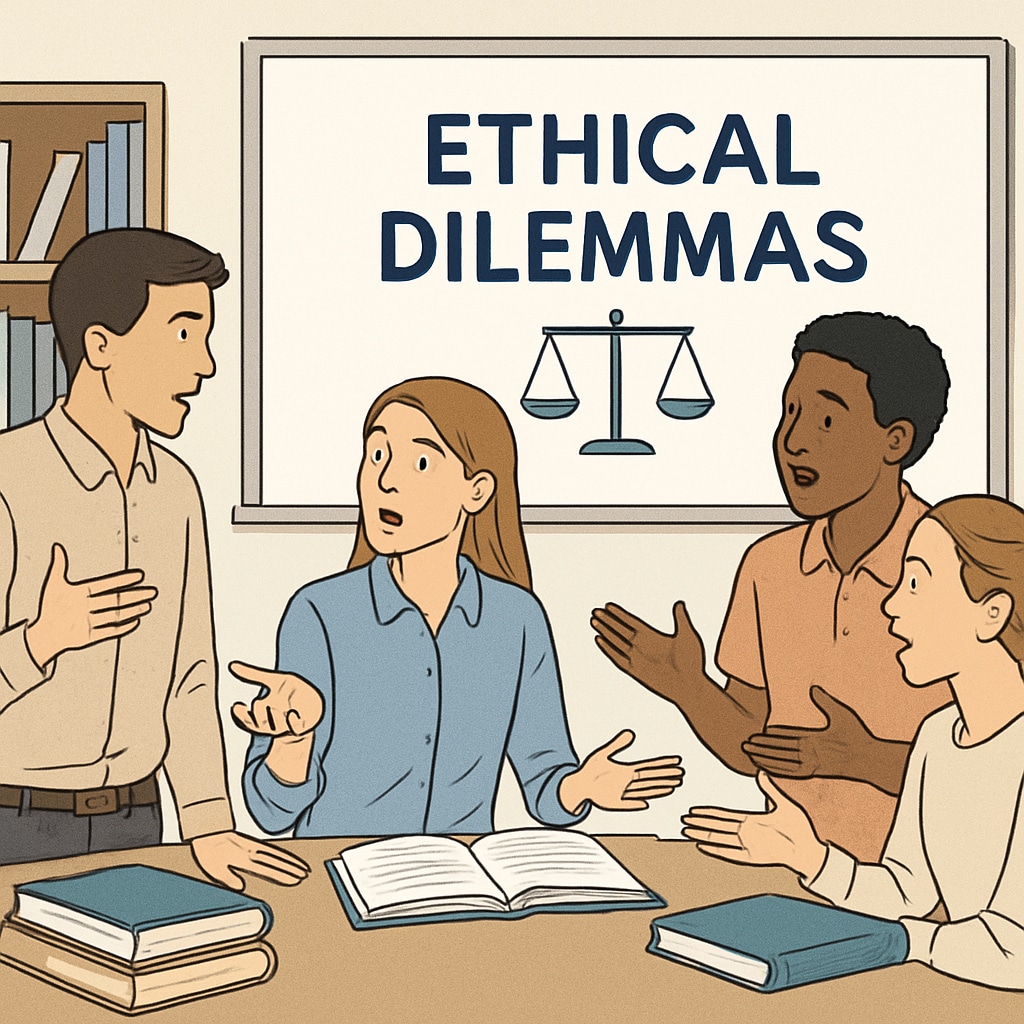Psychology, philosophy, and non-academic learning provide invaluable opportunities for K12 students to explore complex ideas and develop critical thinking. These fields encourage young learners to understand themselves and the world around them through introspection, analysis, and dialogue. While formal academic classes might not always be available at this stage, a variety of resources and strategies can make these disciplines accessible and engaging.
Building Foundations in Psychology and Philosophy
Introducing psychology and philosophy to students at an early age can have transformative effects. These subjects help them to understand human behavior, emotions, and ethical reasoning. For younger learners, the focus should be on interactive and relatable content that simplifies complex ideas.
- Books: Choose age-appropriate books like “The Little Book of Psychology” or “What Does It All Mean?” by Thomas Nagel for beginners.
- Podcasts: Podcasts such as “The Psychology Podcast” or “Philosophize This!” offer engaging discussions that are suitable for teens.
- Games: Interactive tools like ethical dilemma simulations or emotional intelligence games can make abstract concepts tangible.
By using resources tailored to their age and interests, young learners can grasp foundational concepts in psychology and philosophy without feeling overwhelmed.

Practical Strategies for Non-Academic Learning
Non-academic learning doesn’t need to follow a rigid structure. Instead, it can be flexible and exploratory to suit individual interests. Parents and educators can encourage students to engage with psychology and philosophy through these strategies:
- Discussion Groups: Organize small group discussions on thought-provoking topics like “What makes a person truly happy?” or “Is it better to be kind or honest?”
- Journaling: Encourage reflective journaling to explore personal thoughts and ethical dilemmas.
- Movies and Media: Films like “Inside Out” (psychology) and “The Truman Show” (philosophy) can introduce complex ideas in an accessible way.
These methods not only engage students but also cultivate skills such as empathy, reasoning, and self-expression.

Resources Students Can Access Independently
In addition to guided activities, students can explore psychology and philosophy independently using online platforms and community resources. Some excellent options include:
- Khan Academy: Offers beginner-friendly psychology courses for free.
- Stanford Encyclopedia of Philosophy: A comprehensive resource for philosophical topics.
- Local Libraries: Many libraries host workshops or have curated collections on psychology and philosophy.
By exploring these resources, students can deepen their understanding and develop a lifelong interest in these fields.
Readability guidance: Use short paragraphs and lists to summarize key points. Ensure smooth transitions between ideas with over 30% of sentences containing words like “however,” “therefore,” or “in addition.” Focus on engaging and accessible language for K12 learners.


